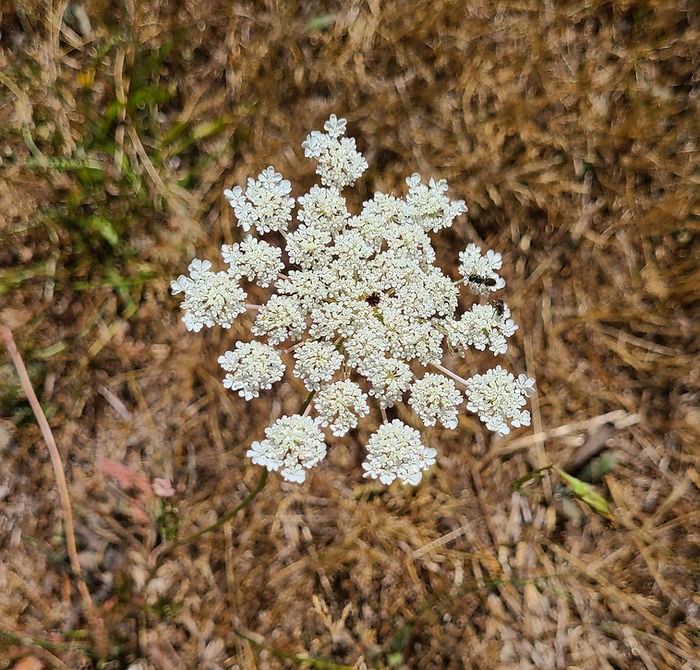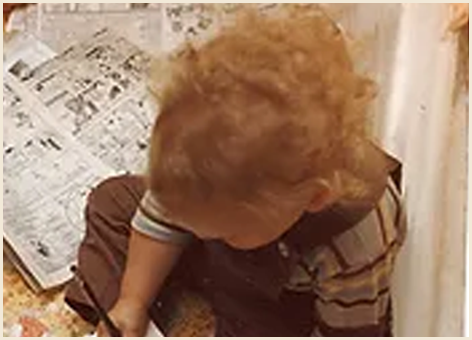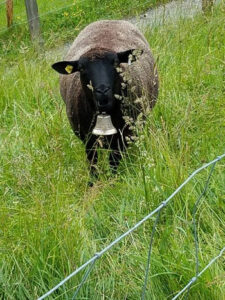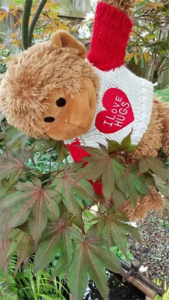Friends, Imagine going from the playpen to first grade without preschool and kindergarten. That is what happened to our children during 2020-2022. What did this child have to learn quickly? What is she or he still missing? How did the world change for him or her?
Many of us changed focus during the years 2020 to 2023. You, my friends, have probably noticed your own changes. New necessities and habits have entered your lives. Have they continued to be true and useful as we ease back into ‘normal’?
And how about your children? What happened for them? Did you or they enjoy isolation? Rebel at it? Did you have to find new ways to earn money because you could not, for months and months, operate in the places that had given you sustenance? Did you have to adjust how your children spent their days? Was it possible to adjust? Did your world change? How did that time and its difficulties and its solutions come with you into the new now? As an example, see what happened in our household because of the isolation. Share with me its effects on your life. It’s not like nothing happened and now we can be ourselves again. What happened to you? What is your new normal?
In our family, a lot changed. We were retired from some of our previous work situations. So,very luckily, we were not forced to find new jobs or change how we did our previous jobs (I had been teaching music, my husband was an actuary in his previous job.) However, we had to make certain that members of our family with fragile health were taken care of and protected.
As you did, we formed a family pod that made protection easier.
And as in most retired homes, we had kept busy before 2020 by volunteering for organizations that we had known about and wanted to help when we had paying jobs.
During the necessary lock-down time, we had three offices in our home. Our daughter, whose family lives nearby, had two music makers in her home. Oboes give off wonderful and piercing sounds. Pianos are percussive. She needed a quiet place to teach her second graders as they all navigated Zoom learning together.
She turned our basement into her classroom during the year 2020 to about halfway through 2021-22 school year when her school building opened again for in-person learning.
We luckily have a finished basement. So, in March of 2020, she set up a folding table in front of our ‘mysteries’ bookcase, hung white paper over that bookcases, put on it the kinds of welcoming messages and encouragement messages that she normally would have used in the classroom. That was her Zoom background. She changed it frequently, depending on what her second grade students needed to work on.
With her students, she began to explore the usefulness of Zoom and then of Google classroom. During that time, many of her students got their first computer, thanks to the generosity of companies and fund raisers and school districts. Some children had a very steep learning curve and so did their parents.
Our daughter and her team of teachers shared ideas for better ways to keep students engaged as they worked from their kitchen tables, their dining rooms or from their bedrooms.
I frequently heard her say things like: “Joey, please turn on your camera. Your friends are missing you.”
Or I heard “Judy, look at the chart on the white board. Can you see a pattern that helps you figure out what should be in the last square?”
She got very clever with ways to make sure the students were not just listening and snoozing. They were invited into games and into interactions with each other.
In a completely different mode, my husband’s office was on the second floor. He had been working with Cash Oregon to help volunteers learn how to work with low-income clients to get their taxes done properly. In 2020, he learned how to do this on Zoom, and began working with other trainers to make Zoom work better for their volunteers. That kind of retraining occurred very quickly because they were still doing taxes in March 2020 when all heck came down on us.
Many of their clients did not own computers. The Cash Oregon staff had to figure out how to make tax reporting possible for those clients. They had to help the clients trust that if they brought papers to an office those papers would be treated with great care.
And from January to April each year, volunteers like my husband also did the tax reporting for low-income clients, spending time on the phone explaining the next steps, the next piece of needed information and how to make it all work while those clients continued trying to feed their families.
After working to do the tax reporting, my husband spent time checking the accuracy of the work of other people who were doing the same work. Their effort was to help clients not leave money on the table that rightfully belonged to them. They worked hard to do honest tax reporting and give supportive advice about keeping track of income and expenses and benefits.
While the basement and the second floor were hard at work, my office became the dining table on the main floor. Some of each day, I wrote my own works – short stories mostly, but I also finished one novel during that time.
Some of each day, I copy-edited the written productions of the Interfaith Alliance on Poverty, or fixed the Interfaith Alliance website, or I reached out to other volunteers to help them with their work for the Alliance (advocacy for policy changes, collaboration with other partner organizations who were trying to solve the homeless situation, and volunteers who worked with families and children who sought stability).
And with the organization called SAGE , I began working on Zoom with middle school students who needed encouragement to improve their reading. I had students new to this country and students who had been here for some time but just needed someone to help them realize they could read more easily and read for fun. During the first year of isolation, I had students who had a hard time finding a place to study when so many in their house were also studying or just talking, or playing games in another room – distractions were plenty in each home, even though their parents tried very hard to keep the distractions down. For these students, life was happening all day every day on the other side of the wall, or even, in some cases, on the other side of the same room.

And of course, there were the pets who wanted attention. Pets don’t get it that their people have to stop petting to read or do math or attend school on the computer. To the dog or cat or lizard, their people are just on their computer, so they should be able to pet the pet. Isn’t that what pets are for?
Some of my early Zoom students are now in high school and I think they are working hard there, but for them and for all their friends, the first year back was a doozy.
They had to relearn how to pay attention for six hours, how to navigate social situations that had not been present for a year and a half. They had to realize they had missed a huge two-year chunk of their growing up that should have been happening on the playground or in the school halls.
When you are twelve in sixth grade, and then come to high school at fourteen you have changed. Your friends have changed, and you didn’t get to change together. For our daughter’s second graders, they had been seven years old and now they were nine. Remember how much changed from your second grade to fourth grade? It is an enormous, missed opportunity.
And then, these worn out students needed to come home and not flop in front of the television because mom and dad, who, at last, were able to go back to work, needed them to help get dinner and feed the pets.

So after all that isolation, all of us were forced to relearn living, and we often had to adjust our way of living.
Life has changed enormously for us, and I bet it also has for you.
What is better? What do you miss? What are you still testing?



